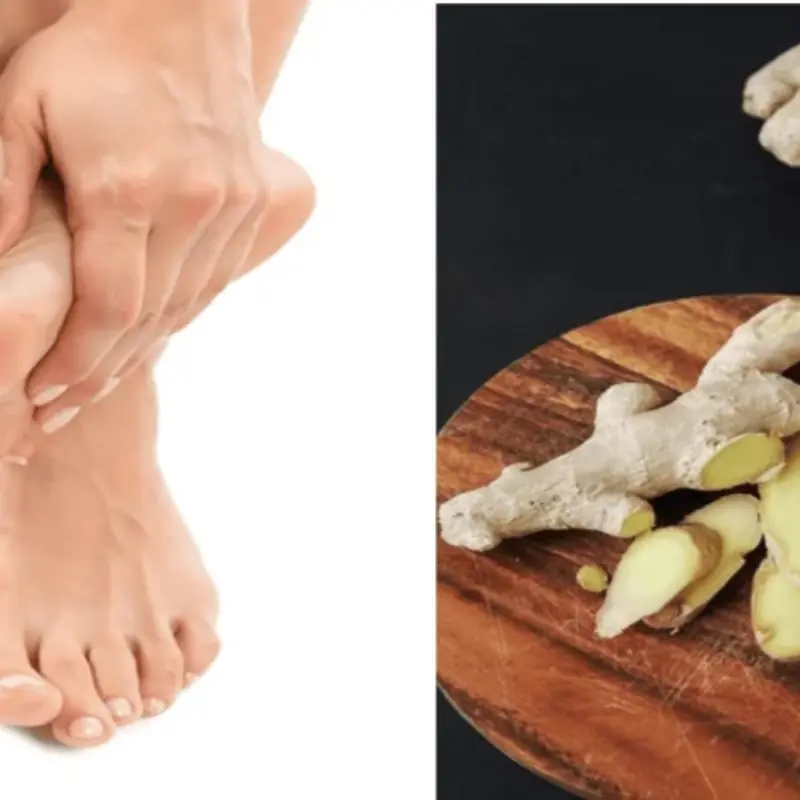
5 bad habits that increase the risk of stroke at night
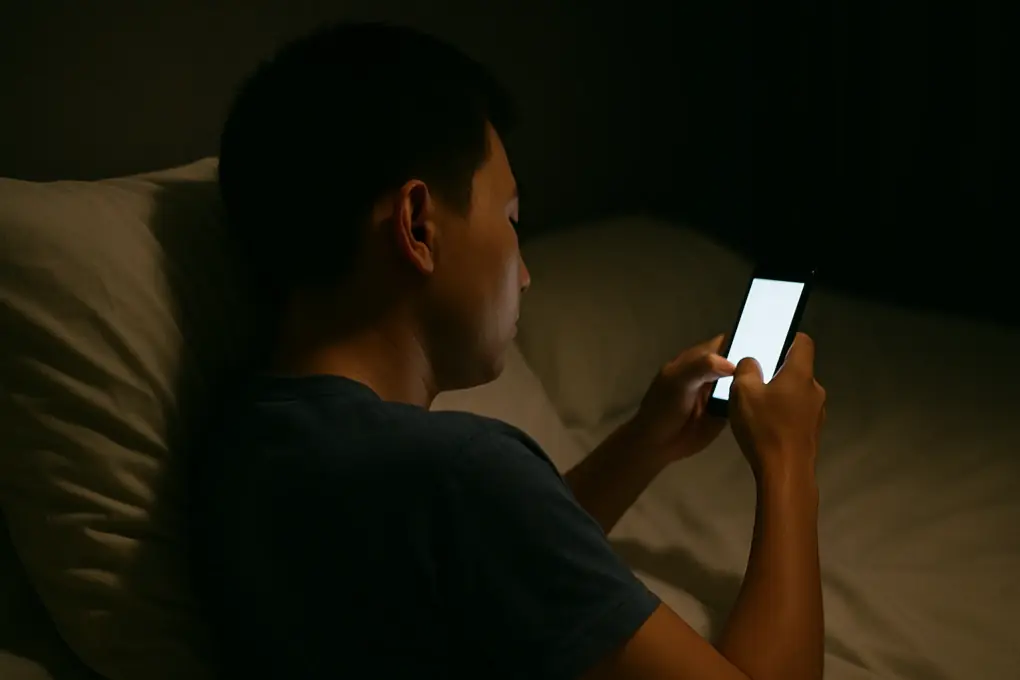
5 Bad Habits That Increase the Risk of Stroke at Night
Stroke is a serious medical condition that occurs when the blood supply to the brain is interrupted. While some risk factors, like age and genetics, cannot be controlled, certain habits can increase the likelihood of having a stroke, especially during the night. Here are five bad habits that could increase your risk:
1. Going to Bed with High Blood Pressure
High blood pressure is one of the primary risk factors for stroke. If your blood pressure is uncontrolled or too high, it can put strain on your arteries, increasing the chances of a rupture or clot formation. Going to bed with high blood pressure, especially without taking medication or making lifestyle adjustments, significantly raises the risk of a stroke occurring overnight.
Tip: Ensure your blood pressure is regularly monitored, and follow your doctor’s recommendations for managing it effectively.
2. Not Hydrating Before Bed
Dehydration can lead to thickening of the blood, which increases the likelihood of clot formation. Going to bed without adequate hydration can lead to higher blood viscosity and raise the risk of stroke. Even mild dehydration can make blood flow sluggish and contribute to blood clots.
Tip: Drink water throughout the day, and avoid excessive alcohol or caffeine before bed, which can dehydrate the body.
3. Sleeping in an Uncomfortable Position
Certain sleeping positions can contribute to poor blood circulation, particularly if the neck or head is positioned in a way that restricts blood flow. Sleeping on the stomach, for example, can restrict neck veins and arteries, potentially raising the risk of a stroke.
Tip: Aim for a neutral sleeping position (on your back or side), using proper pillows to maintain healthy neck and spine alignment.
4. Drinking Alcohol Before Bed
Excessive alcohol consumption can increase blood pressure, disturb sleep patterns, and trigger irregular heartbeats (arrhythmias), all of which can increase the risk of stroke. Drinking before bed also disrupts the normal sleep cycle, preventing proper rest, and may increase the likelihood of having a stroke while sleeping.
Tip: Limit alcohol intake and avoid drinking alcohol close to bedtime to ensure better sleep and lower stroke risk.
5. Smoking Before Bed
Smoking damages blood vessels, increases blood pressure, and reduces oxygen levels in the blood. Smoking just before bed can increase the risk of clot formation, elevate blood pressure during sleep, and trigger the narrowing of blood vessels, which significantly raises the likelihood of stroke, especially at night.
Tip: If you smoke, seek help to quit. Avoid smoking in the evening to give your body time to relax and restore before sleep.
Conclusion:
While some risk factors for stroke cannot be changed, certain bad habits can significantly increase the likelihood of having a stroke, particularly during the night. By adopting healthier habits like managing blood pressure, staying hydrated, improving sleep posture, and avoiding alcohol and smoking, you can reduce the risk and improve your overall health.
News in the same category

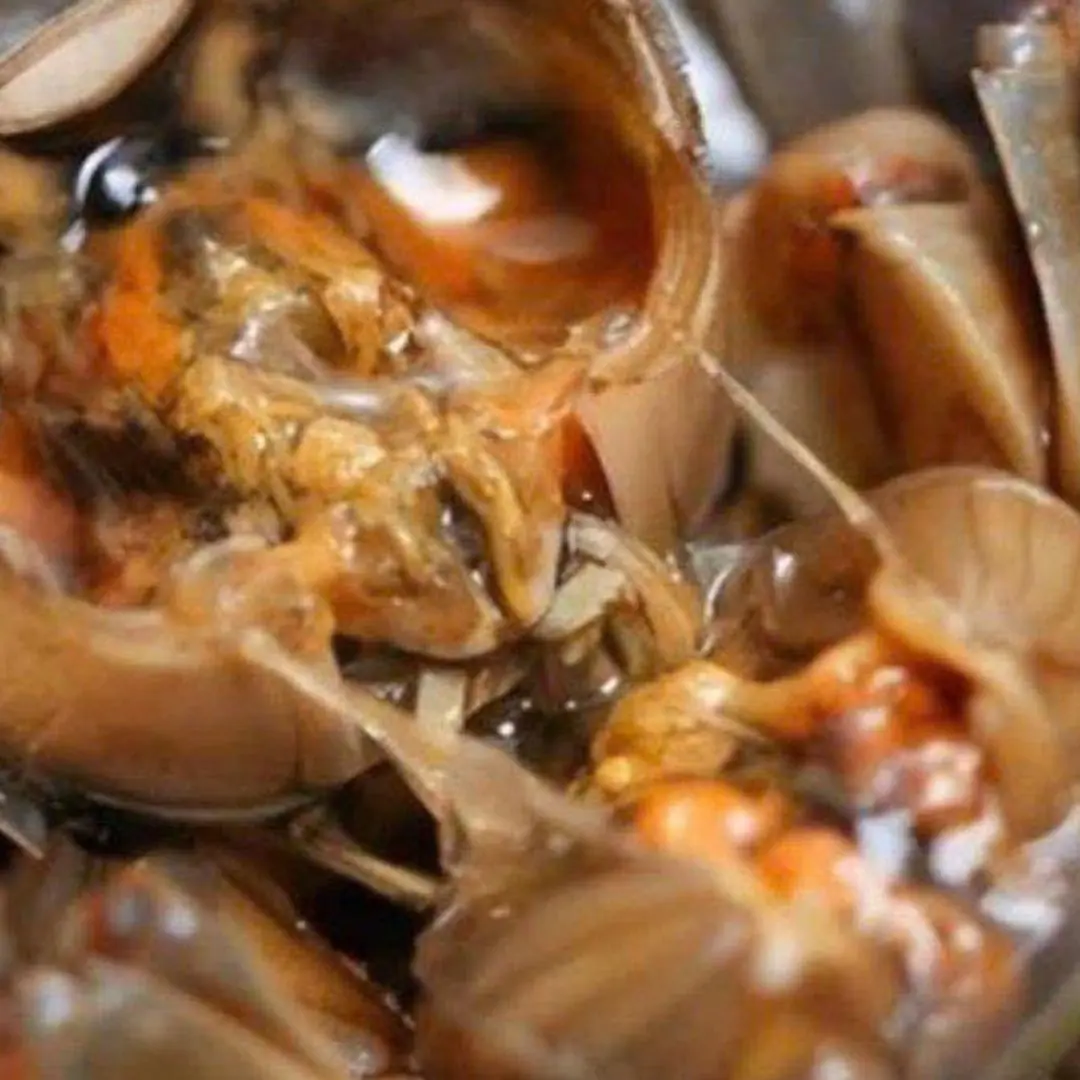
Pare de comer estes 4 alimentos imediatamente Eles contêm muitos parasitas

What happens to your body if you drink orange juice every day?
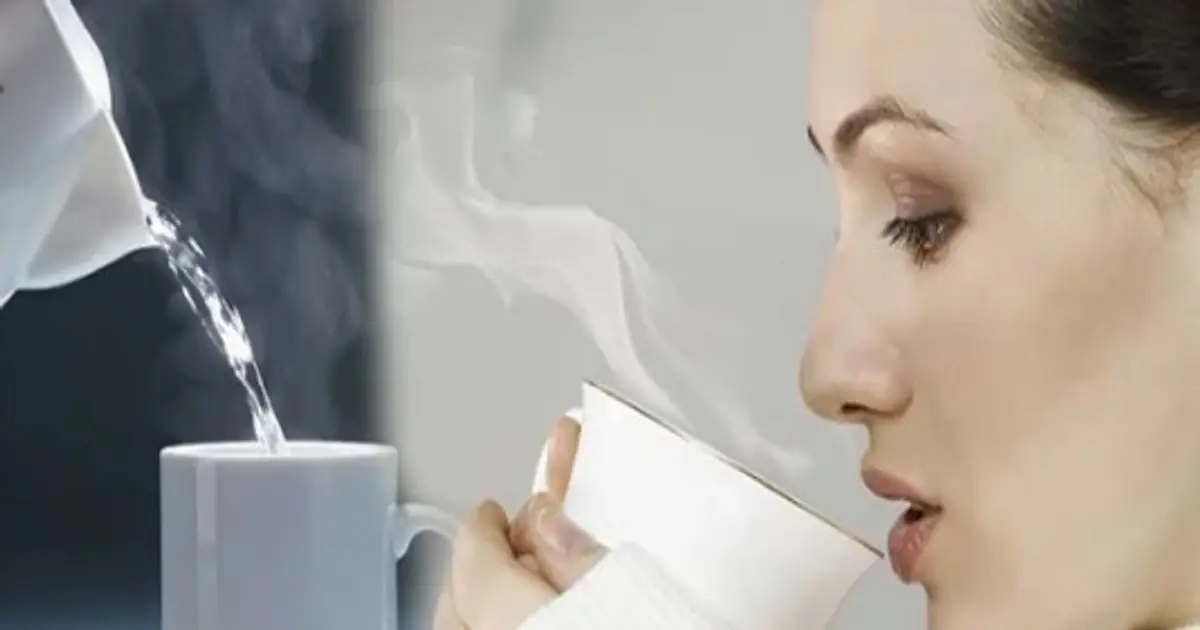
A cup of hot water can offer many health benefits

Otitis media – the “hidden culprit” causing vestibular disorders that many people ignore
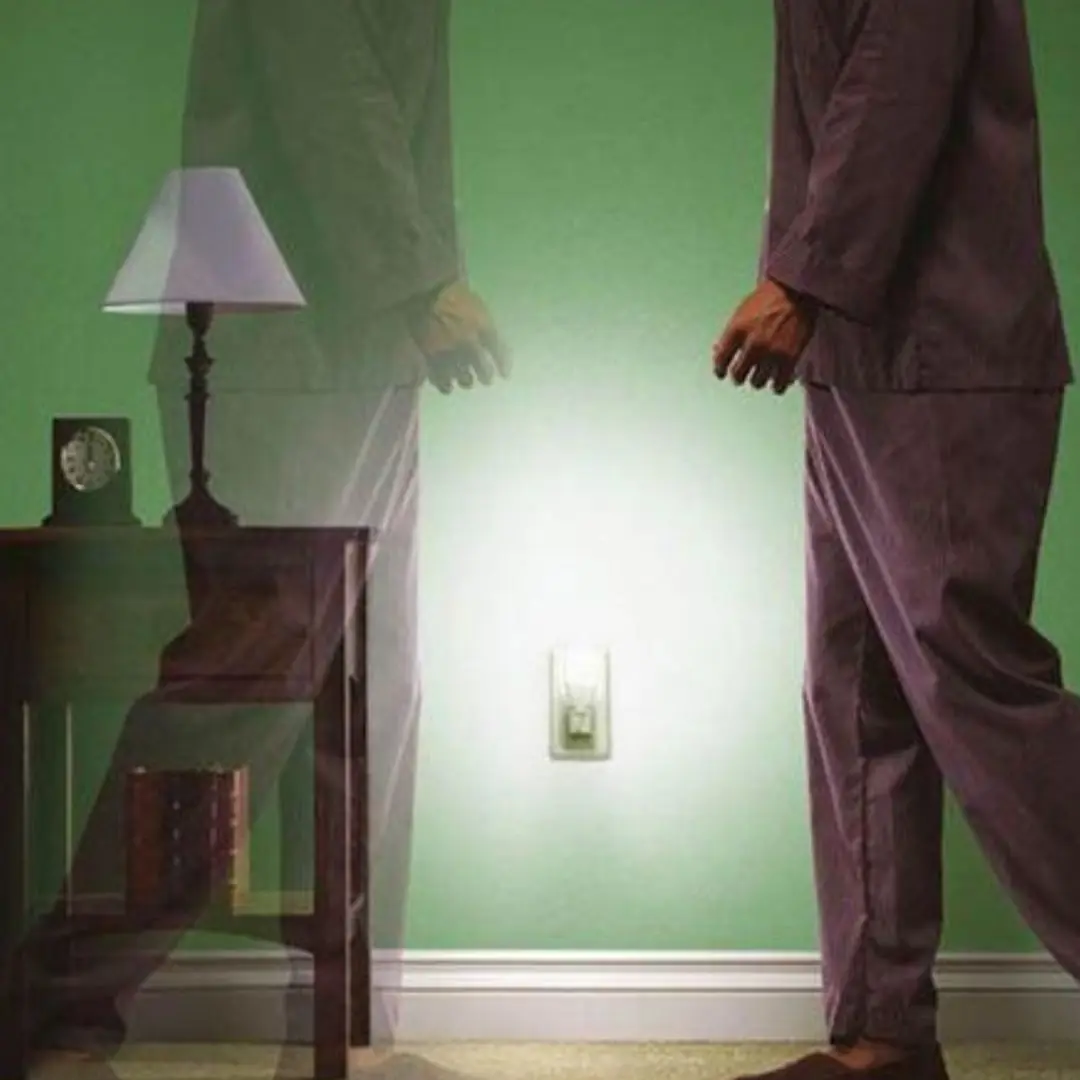
Don't drink water before bed but still urinate at night, beware of these 3 diseases

4 changes in fingers that could be signs of lung can.cer
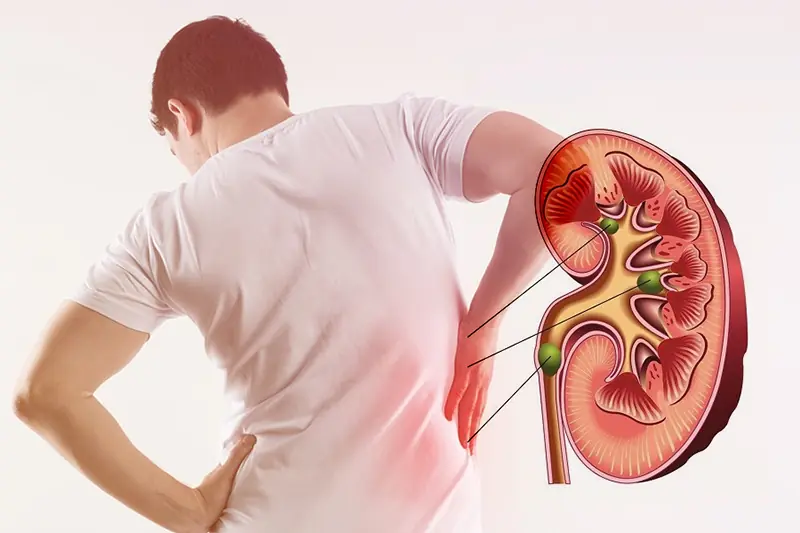
8 symptoms of kidney fai.lure you should never ignore

3 things that don’t go well with eggs
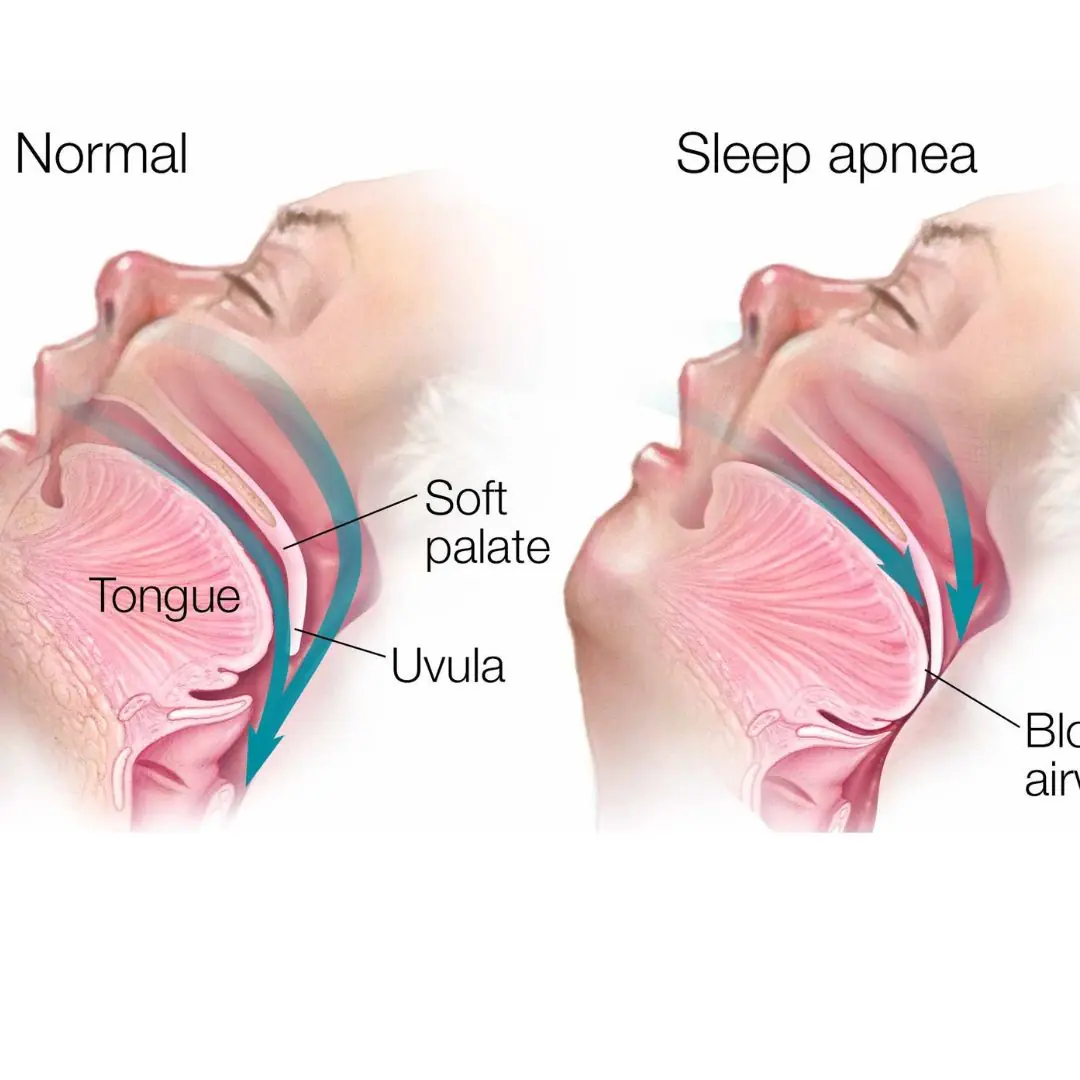
4 Signs You Might Have Sleep Apnea

5 foods you should never keep overnight
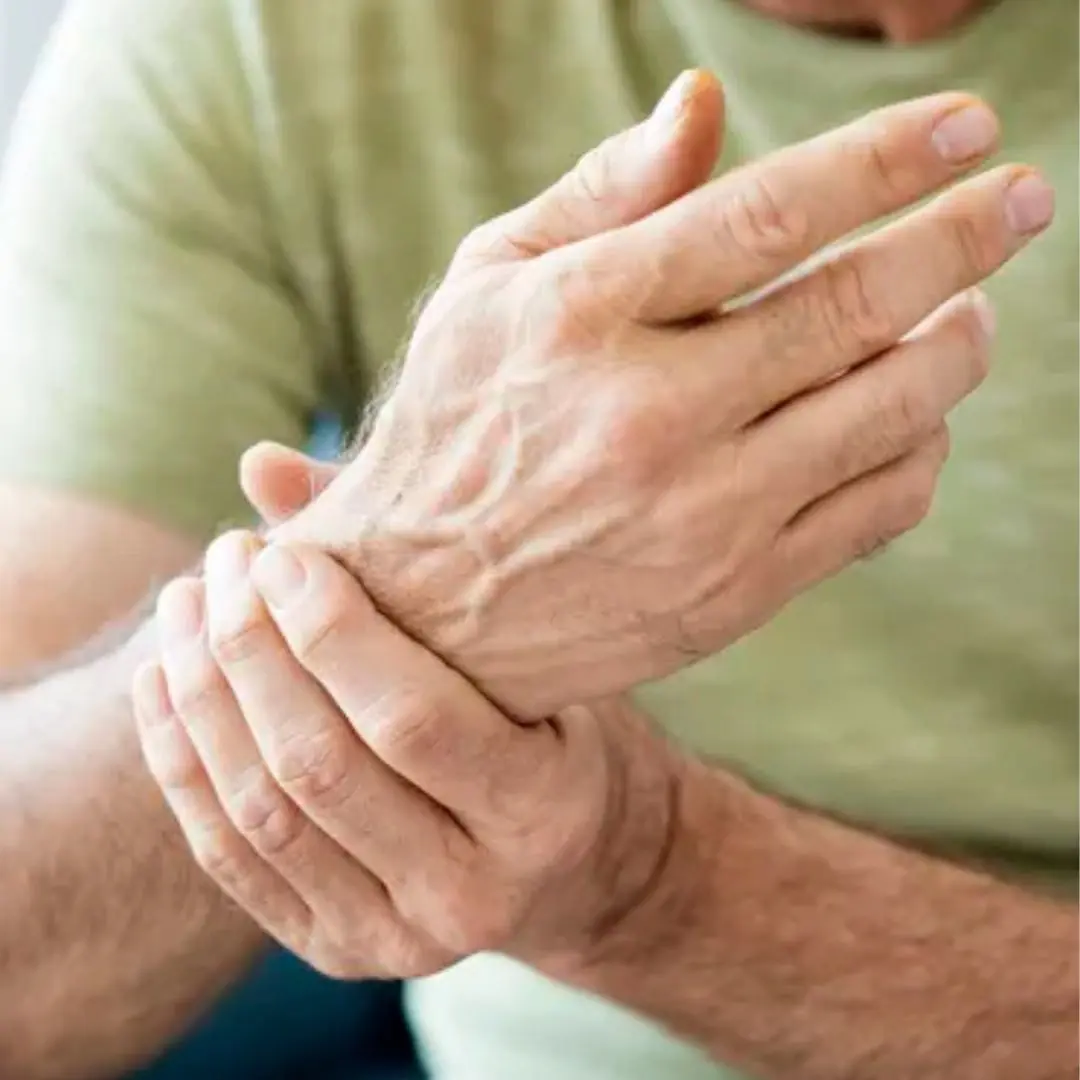
Waking Up With Numb Hands? Here's What Your Body's Trying to Tell You

Mother Collapses: "I Thought These Two Things Were Can.cer-Preventing Superfoods"

15 years without can.cer recurrence: Japanese doctor shares 5 simple secrets to keep malignant cells from "daring to return"

Insomnia, when to see a doctor?

30-year-old couple both have stomach can:cer due to dishwashing habit that many people also have

Top Natural Drinks That Safely Rejuvenate Your Skin From Within

You’ve Been Throwing Away the Most Medicinal Part of the Mango Tree

Meet the Miracle Plantain!
News Post

Rub Ginger on the Soles of Your Feet Before Bed, and You’ll Experience Its “Miraculous” Health Benefits

When Installing an Air Conditioner, Avoid These 4 Spots to Protect Your Family’s Health

10 Tips for Growing a Big Pepper Harvest

How to Grow Kiwi in Containers at Home

What happens to your body if you drink orange juice every day?

Revitalizing Orchids Using Tea: A Comprehensive Guide with Handy Tips

4 effective ways to ensure your home is free of cockroaches

Are two-headed snakes real? Why does this phenomenon occur?

A cup of hot water can offer many health benefits
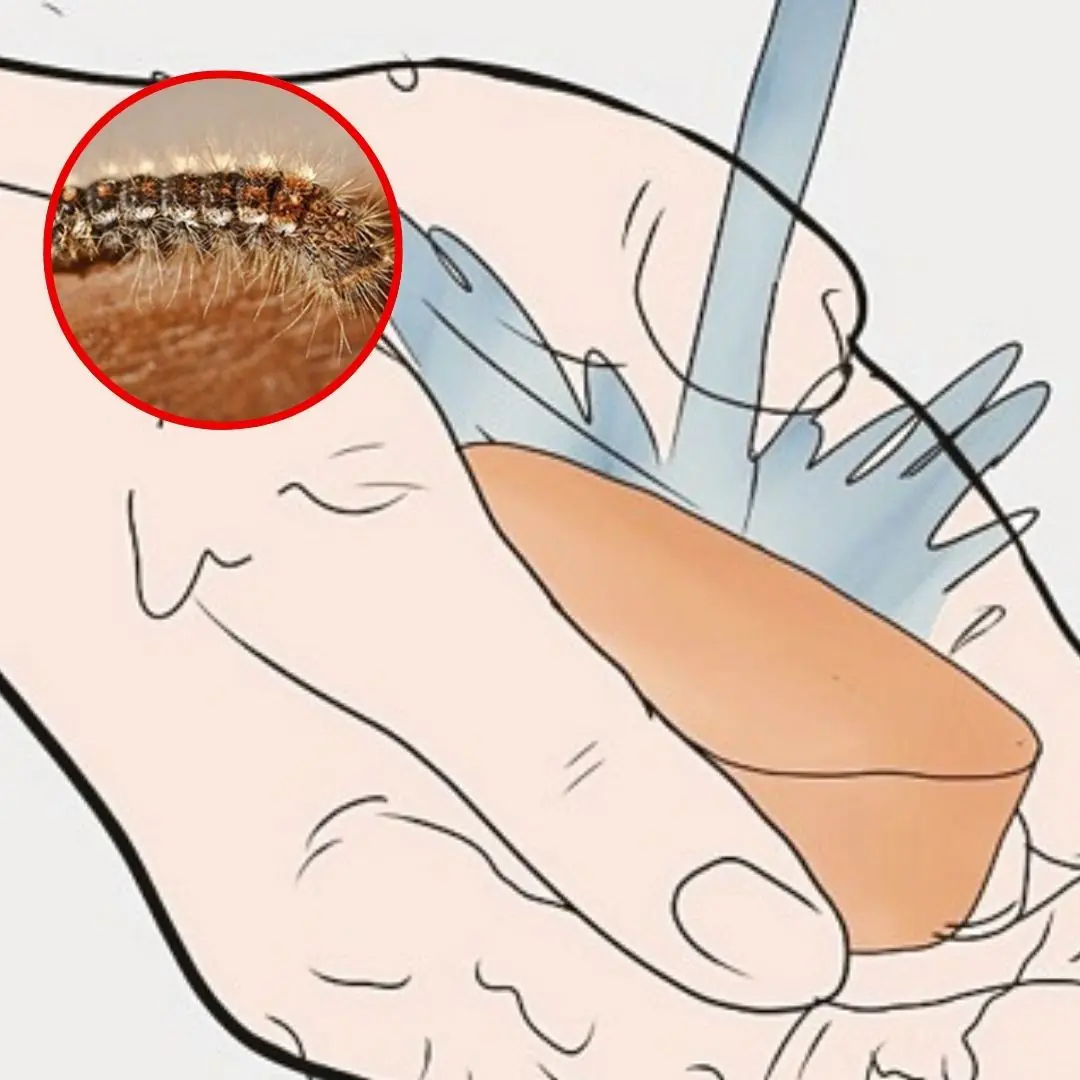
Caterpillar on you: 5 simple steps to treat at home

Otitis media – the “hidden culprit” causing vestibular disorders that many people ignore

Don't drink water before bed but still urinate at night, beware of these 3 diseases

How to Plant a Mango Seed and Successfully Grow

Secrets to growing lemongrass at home – easy to do, suitable for beginners

4 changes in fingers that could be signs of lung can.cer

Grow Your Own Asparagus Plants

Put them in your home and mice will run away

How to Grow a Pineapple at Home: Simple and Fast

For the Sake of Your Family’s Health, I Strongly Urge You to Get Rid of These 10 Items
